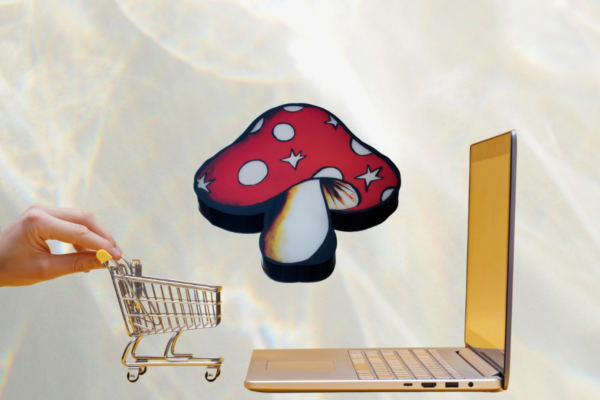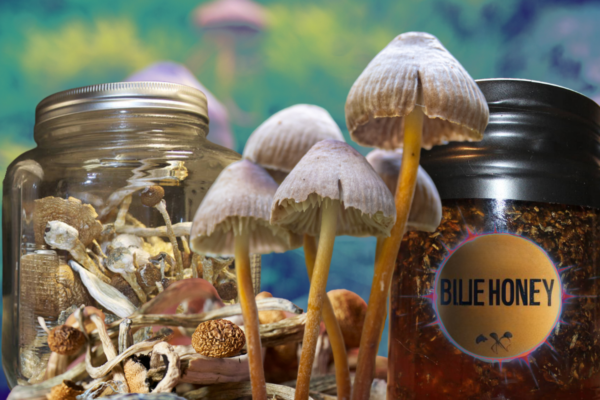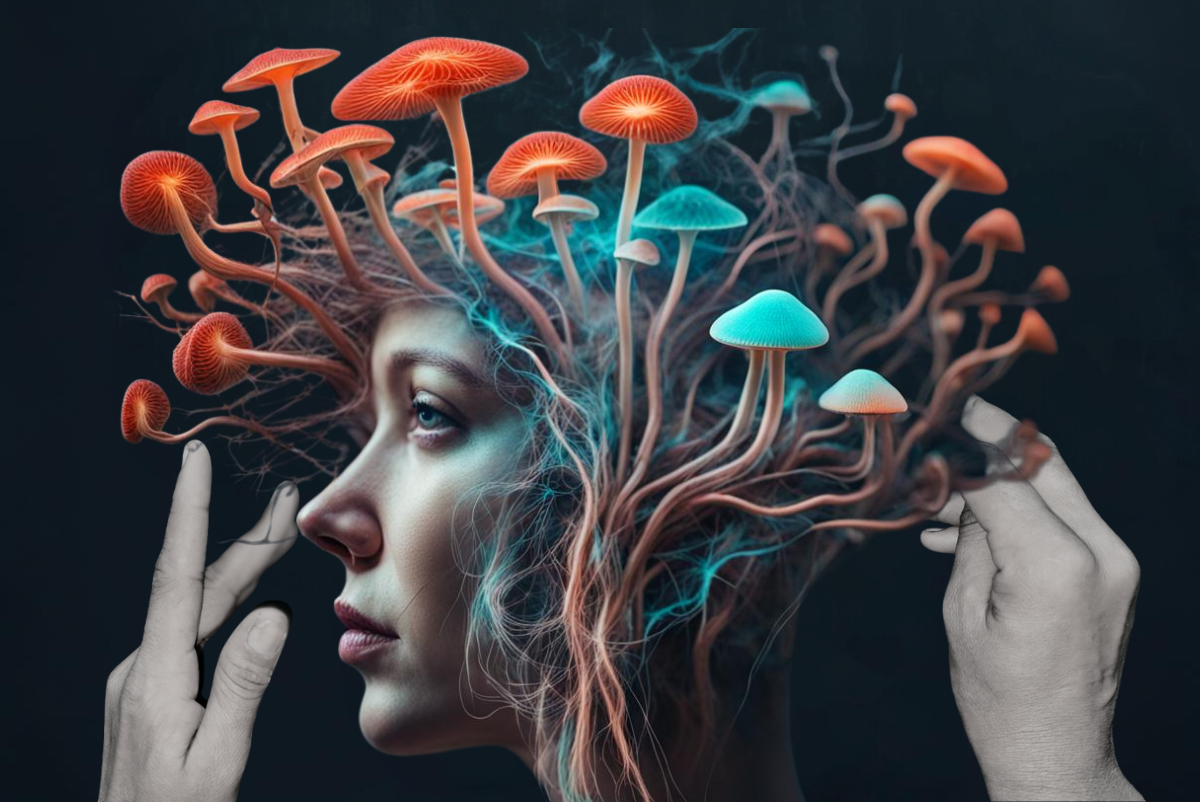
Following up from his 2018 bestseller “How to Change Your Mind: What the New Science of Psychedelics Teaches Us About Consciousness, Dying, Addiction, Depression, and Transcendence,” New York Times contributor and UC Berkeley professor Michael Pollan is diving deeper into substances and the human experience with “This Is Your Mind on Plants,” due out this summer.
While 2018’s “How to Change Your Mind” explored the vast landscape of psychedelics from the synthetic to the ancient, the new book focuses on just three plant-derived substances: opium, mescaline, and caffeine.
“Of all the things humans rely on plants for—sustenance, beauty, medicine, fragrance, flavor, fiber—surely the most curious is our use of them to change consciousness: to stimulate or calm, fiddle with or completely alter, the qualities of our mental experience,” he writes. He questions the sticky legalese that makes tea from one plant leaf acceptable for use every day, but tea from, say, an opium poppy, a federal crime.
Like all of Pollan’s books, “This is Your Mind on Plants” blends memoir, history, science, and interviews. From the publisher, Penguin:
“Pollan examines and experiences these plants from several very different angles and contexts, and shines a fresh light on a subject that is all too often treated reductively—as a drug, whether licit or illicit. But that is one of the least interesting things you can say about these plants, Pollan shows, for when we take them into our bodies and let them change our minds, we are engaging with nature in one of the most profound ways we can. Based in part on an essay published almost twenty-five years ago, this groundbreaking and singular consideration of psychoactive plants, and our attraction to them through time, holds up a mirror to our fundamental human needs and aspirations, the operations of our minds, and our entanglement with the natural world.”
“This is Your Mind on Plants” hits bookstores on July 6th. More information, here.




